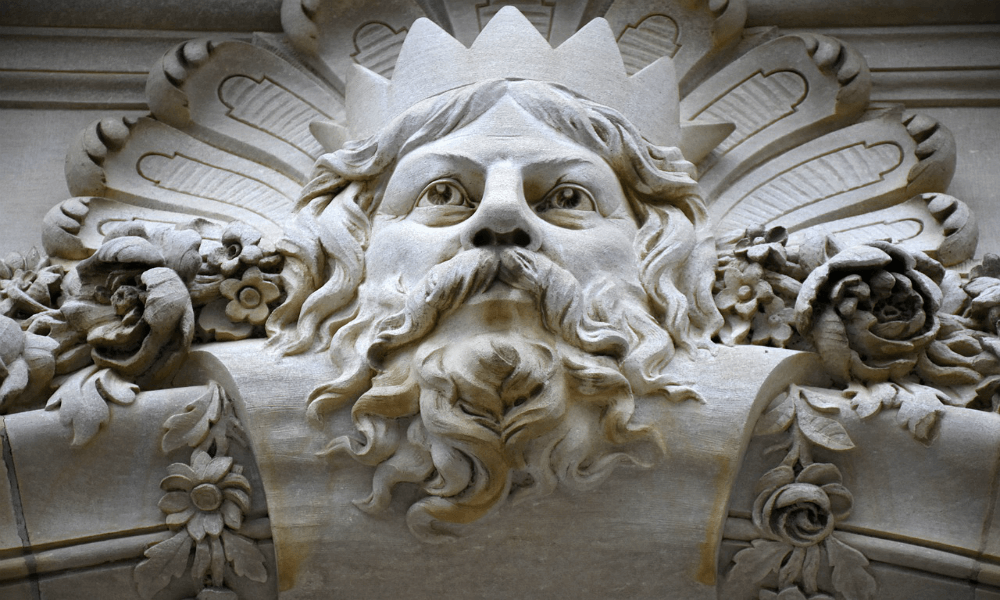
Who invented roulette?
The history of the roulette wheel leads back in time directly to one man, Blaise Pascal. He was a famous physicist and mathematician known for many important contributions to both fields. Pascal lived in the 17th century and he was an excellent philosopher in his era. His work is greatly praised and used in several fields, even today. The question is how such a talented and famous person ended up inventing the iconic gambling machine. The answer is – by chance.
Who invented the roulette wheel?
In the 1605s, Pascal set about to create a perpetual motion machine to produce more energy than it used. In other words, a machine that would not stop moving once it had begun, even without an energy source. In the process, he stumbled upon an accidental invention and in 1655 the roulette machine was born. Of course, it wasn’t a roulette wheel like we know today. This accidental invention was an early version and did not have the numbers, but the principle was set and ready for innovators to come along to find a way to gamble on it.
The name for Pascal’s invention was derived from the French word for “the little wheel”. That roulette wheel remained the same for centuries. All that changed in 1842 when Francois and Louis Blanc designed a roulette wheel with a single zero on it, specifically for King Charles III of Monaco. This monarch was facing some money issues and had the brilliant idea to use the rising popularity of gambling to solve some of them. He opened several gambling houses in Monaco, where roulette was prominently featured. Consequently, the game became really popular among aristocrats and royalty.
Pascal’s Theory for Solving the Gambling Problem
Blaise Pascal and another well-known mathematician Pierre de Format invented probability theory in 1654 to solve a gambling problem related to expected outcomes. Pascal’s friend wanted to figure out the best time to bet on a dice game, and how to fairly divide the stakes if the game was stopped midway through. He asked a math genius to help. Pascal worked on the answer with Pierre de Fermat and the correspondence between them contains the foundation of modern probability theory.
From European to American Roulette
The roulette wheel that Blaise Pascal invented is a type that we know as European Roulette. In the 19th century, the game spread all over America and developed into American Roulette which differs from the first version. The most important difference lies in the numbering of the roulette wheel. The European wheel is numbered from 1 to 36 to which an extra single zero green color slot was added. Unlike him, the American wheel also has an extra double zero slot. The single zero and double zero slots are placed opposite to each other on the wheel.
Online Roulette
Pascal’s invention added a lot of fun to people’s lives. With technological advancements, this game has taken over the internet, and become loved by players a lot. Now, every roulette lover could spin the roulette wheel on his phone or PC, without going out of the house. You can only visit our bet-safe and crypto-accepted Casino Brango and chose from a variety of roulette games. To increase your chances of a win, read more about two strategies you should use.


